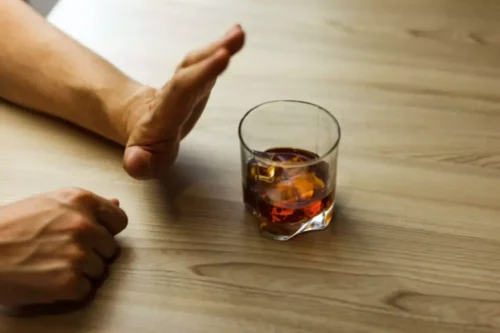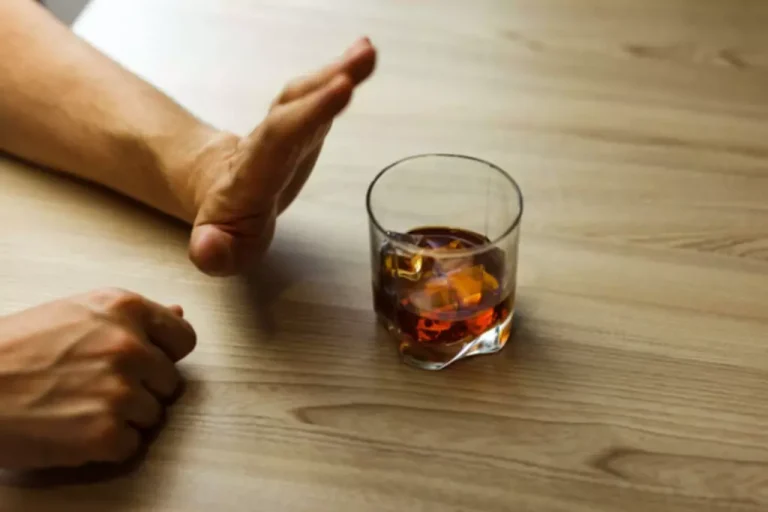
Perhaps one of the most insidious effects of addiction is the way it derails life plans and stunts personal growth. Dreams and ambitions are put on hold or abandoned entirely as the addiction takes center stage. The loss of potential – what could have been if not for the addiction – is a tragedy that’s hard to quantify but deeply felt by those in recovery. Let’s dive into the murky waters of addiction and explore the stages that keep individuals trapped in this destructive cycle. By shedding light on the intricacies of addiction, we can better equip ourselves to recognize, prevent, and treat this devastating condition.

Dependence
Connecting with others who understand your struggle can provide a sense of belonging and the encouragement needed to stay the course. Studies on the neurobiology of SUD nominate a three-stage cycle framework. Relapse, which means returning to a previous condition or state of being, is a hallmark of addiction. Let us help you take the first step toward a healthier, brighter future. Addiction is a progressive disease that can affect anyone, regardless of their background or circumstances.

Specialty Therapies
- Other stage models of development have attempted to outline the development of numerous physical, emotional, and mental factors.
- The Addiction Stages are well understood by professionals who can tailor treatment to individual needs.
- Understanding the stages of addiction gives you the power to take action.
- Discover the stages of addiction, learn to recognize warning signs, how it progresses, and the steps you can take toward recovery.
- When you abuse drugs and alcohol you start needing more to feel high.
- At Cornerstone Healing Center, we offer comprehensive addiction treatment tailored to meet the unique needs of each individual.
What was once occasional becomes regular, and use may increase in both frequency and quantity. This is where the Cycle of Addiction Wheel starts to gain momentum. The individual might still maintain some control over their use, but warning signs may begin to appear, such as neglecting responsibilities or experiencing mood swings. Mental health conditions, stress, and grief can all trigger the need for soothing and distraction. Drugs and alcohol can serve as a tool for self-medication, providing temporary relief from symptoms of depression, anxiety, trauma, and others. You might notice your loved one going to bars more frequently or alcoholism symptoms attending parties with drinking or drug use.
Can You Stop Compulsive Sexual Behavior?
- The mind becomes fixated on obtaining and using the substance again.
- Along with feeling physically sick without it, you’ll experience cravings and urges to use the substance.
- One of Arizona’s leaders in personalized residential addiction treatment, The Hope House boasts 10,000 sq ft facilities as home to just 10 patients at a time.
- Oftentimes, when people relapse, they will binge on a drug, worsening their addiction.
- Not everyone who drinks or uses drugs like prescription opioids suffers from an addiction.
- Despite the grim picture painted by the consequences of addiction, there is hope.
Thankfully addiction is not the end of the road; there are programs available to help you or a loved one if you’re struggling with your substance use. Facilities like Clearview Treatment Programs are the first step for anyone who cannot end their compulsive relationship with substances. People with substance use disorder follow this cycle over and over again until they find out how to help addiction.
If you feel like a slave to your cravings, it’s all due to the three phases of the addiction cycle. Remember, breaking the cycle of addiction is a journey, not a sprint—it requires time, patience, and a lot of self-love. As you navigate through this storm, remember that you’re not alone. There’s a community of people out there, just like you, trying their best to break free from the cycle of addiction. The more frequently a person uses substances or participates in an activity, the more likely they are to develop an addiction. While most people do not develop a SUD after using substances, it might be the first step toward this outcome.

Understanding the Cycle of Addiction

The physical effects of addiction can linger long after substance use has stopped, underscoring the importance of early intervention. Over time, repeated drug use can actually change the structure choose the correct cycle of addiction. and function of the brain. These changes can persist long after drug use has stopped, which helps explain why addiction is considered a chronic, relapsing disease.
- If you need to seek help through any of the stages of addiction, contact The Right Step to seek help from our Texas addiction treatment center.
- By shedding light on the intricacies of addiction, we can better equip ourselves to recognize, prevent, and treat this devastating condition.
- This can include withdrawal symptoms if the person drinks less or cuts back on their drug intake.
- This results in a combination of brain-centered compulsion and physical need for the addicting substances in the body.

Recent Comments